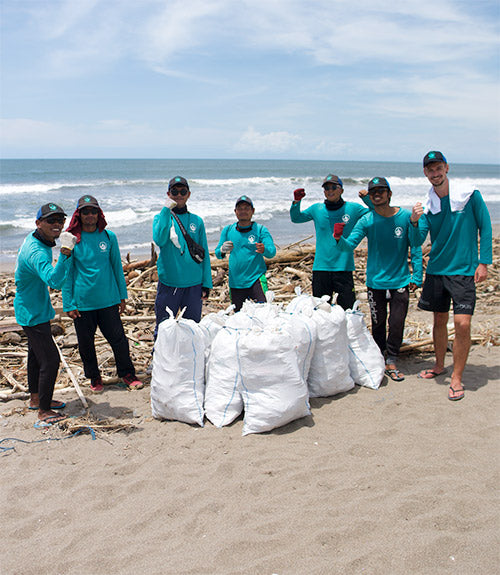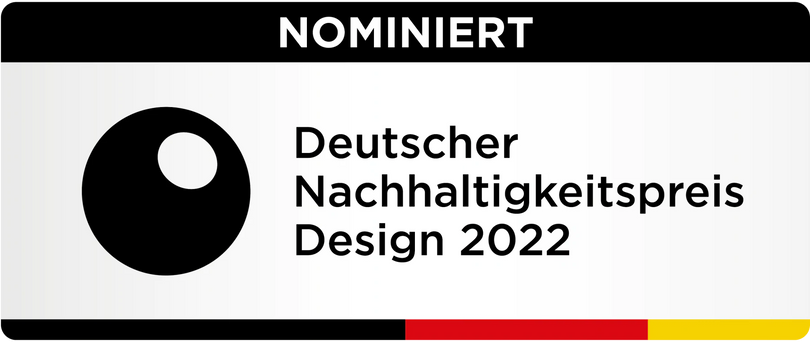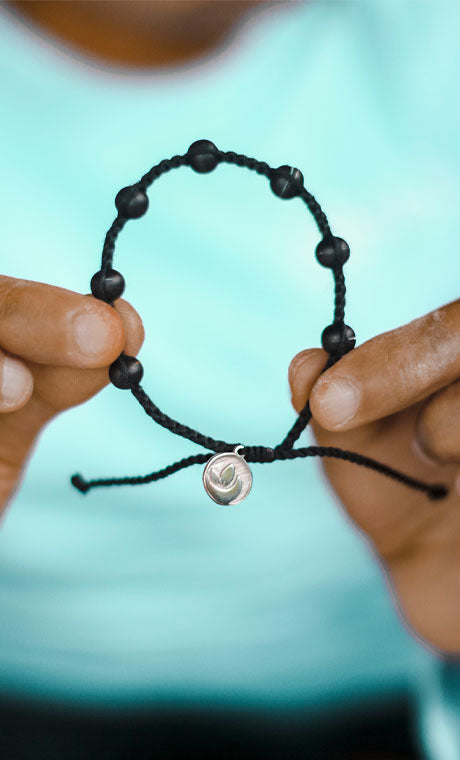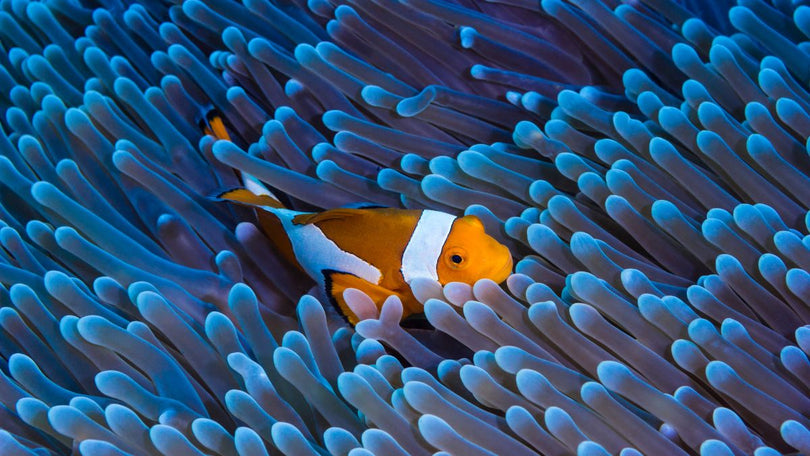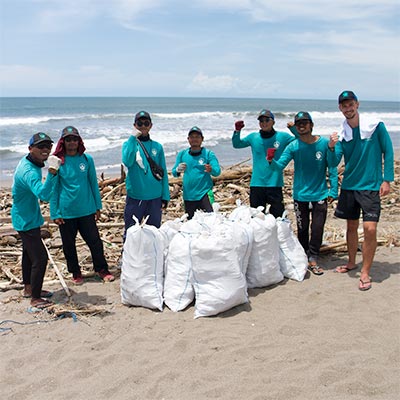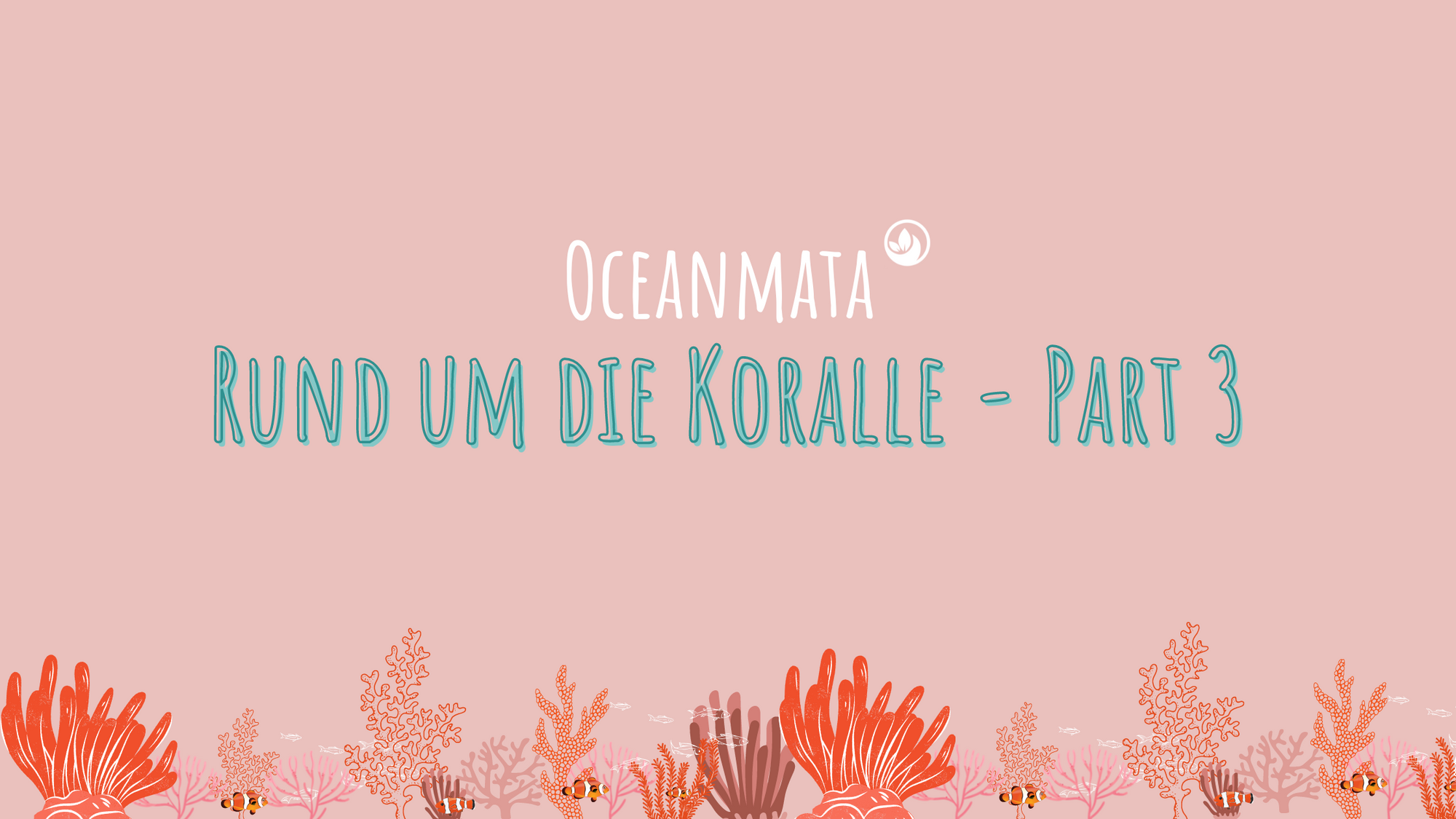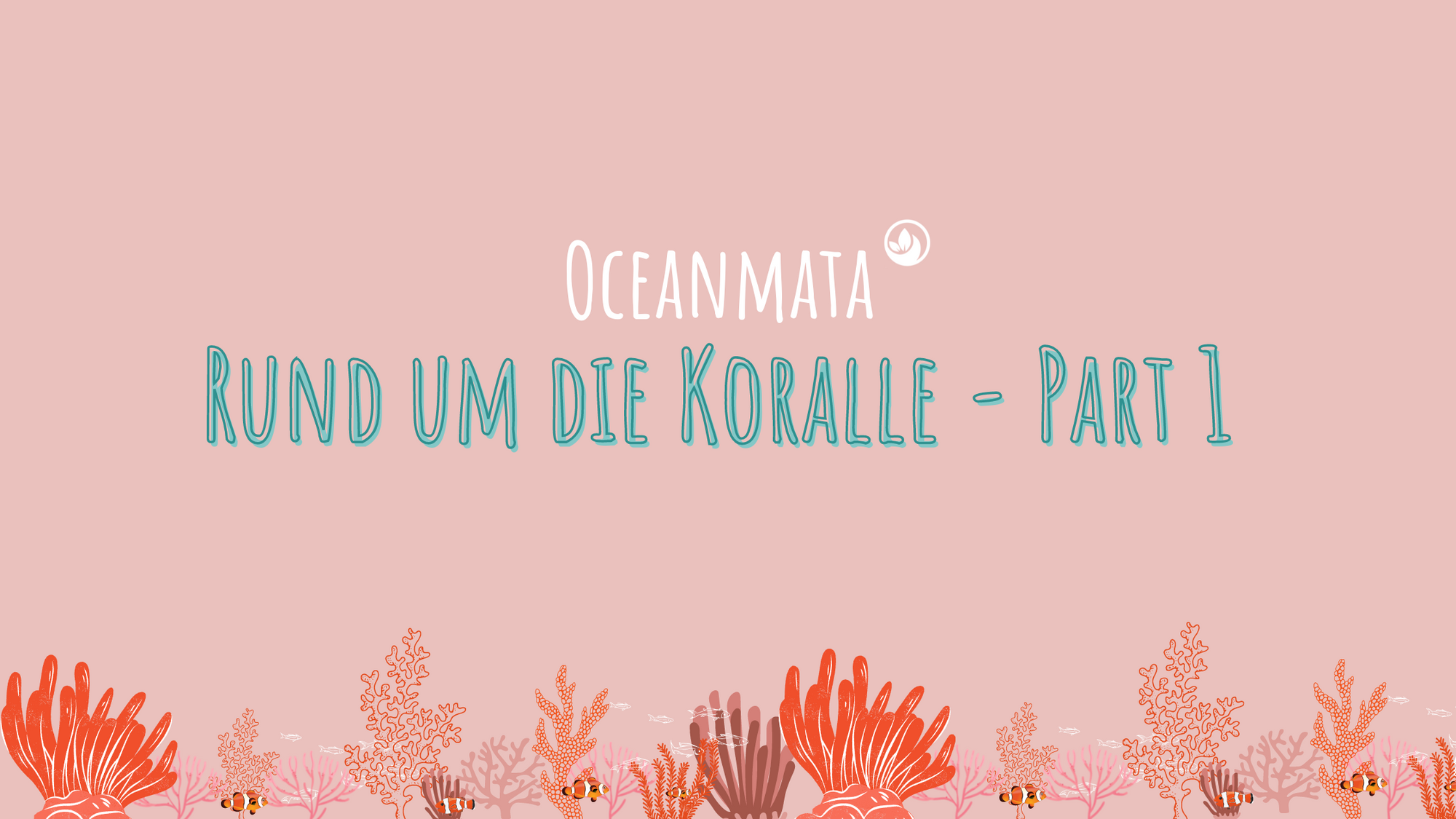Last week we have with our series on Topic: Corals and explained basic things about corals. We would like to share with you three-week thematic series Here on the blog we will take a deeper look into the topic so that you understand why we have chosen the Protection of these marine creatures decided and which project you are supporting with your contribution.
If you missed the article last week, please check out here Go back in. It's definitely worth it.
If you didn't miss the article but read it carefully, you might have a little knowledge advantage for our exciting coral quiz. You'll find the quiz at the end of the blog post. Have fun!
Now we start together into the article and show you our new heart project, with which we are working through our Coral Project from May 18th will support the wonderful marine life of the corals.
Why corals are important

- Corals serve predatory fish as breeding and sleeping places, as well as daytime hiding places
- Corals are inhabited by crabs, crayfish, snails, mussels, worms and are therefore a source of food for many species of fish
- Corals also serve as a direct food source for some fish, such as the parrotfish
- Sharks eat weak and sick fish and regulate the population of carnivores, allowing more algae-eating organisms to survive.

- Corals provide coastal protection ! Without them, many tropical islands and their coasts would quickly erode!
- The abundance of fish on coral reefs provides the livelihood for millions of people, especially in developing countries.
- Millions of people also make their living from tourism in tropical countries. If the reefs are destroyed, many beaches and thus the tourists will disappear. But even in Germany, tour operators and sports equipment suppliers earn millions from tourism to tropical regions!
- Reef organisms have a largely unexplored potential for the discovery and extraction of medicinal substances. Valuable antibiotics, cardiovascular substances , and even active ingredients for the treatment of cancer and AIDS have already been discovered. Furthermore , coral skeletons are increasingly being used as a compatible bone substitute .
- Coral reefs characterize the Climate history of our Earth which can be deciphered with precision down to several years using the chemistry of the coral skeleton. They are therefore an important Climate monitor, which helps us better predict our future climate. Furthermore, reefs, through their chemical balancing effect, form an important link in our Earth's climate processes.
Pivot point Indonesia
Our heartfelt projects have always taken place in Indonesia. This is also because our clean-up project is based there, and our Dominik has a special connection to Bali, which led to the founding of Oceanmata. This is where it all began .
Whether it's our Turtle Project or the Dolphin Project , we've been supporting endangered species in Bali with your help for a long time.
Indonesia has a tropical underwater area with a particularly diverse ecosystem. To protect it, we've partnered with a fantastic organization.
The Eco System Impact Foundation has set up its project on two uninhabited islands off Sumatra. Due to their distance from Simeulue and the Sumatran mainland, the islands of Babi and Lasia have a very healthy ecosystem in tropical waters.
Many different marine creatures live there, such as hawksbill turtles, leatherback turtles, and green sea turtles, eagle rays, and blacktip reef sharks. These and other creatures depend on coral reefs—and on healthy coral reefs, in particular.

Which foundation did we choose?
After extensive research, we decided to support the Foundation Ecosystem Impact with our Coral Edition to support. Among many other factors, the people behind the organizations are very important to us. On a personal level, we clicked immediately because Jane, the founder of the Foundation, is simply an incredibly likeable person. Moreover, the organization is in Indonesia active and also direct Partner of the Turtle Foundation which we already support with our Turtle Project. The organization is doing a great job transparent and sustainable in what you do and there is a comprehensive understanding of the fundamental issue surrounding coral conservation.
Due to a lack of financial support, EcosystemImpact is currently unable to continue with the coral conservation project because there is simply a lack of funds.
We are delighted to be able to provide the leverage that EcosystemImpact is missing to restart this vital conservation project!
What does EcosystemImpact do?
EcosystemImpact has realized that it is useless to just create new Corals to plant if they eventually destroyed and adhere to the Basic conditions on site nothing changes. Because the area is subject to illegal and destructive fishing methods, such as Bomb and compression fishing , or Anchoring, which continues to destroy the coral reefs.
Ecosystem Impact The problem therefore directly affects the root and operates not just symptom control . The Foundation develops an innovative, collaborative and sustainable Ranger and fishing program to establish positive relationships with both the local government as well as with fishing groups to build.
Through the educational work the population and the government should give the corals a permanent protection They work with fishermen, traditional fishing groups (the Pangilma Laot), and the navy to maximize resource efficiency and ultimately achieve sustainable results as a collective.


The Foundation’s focus is on replanting the reefs with new corals grown on land
&
on the educational work of the local people.



